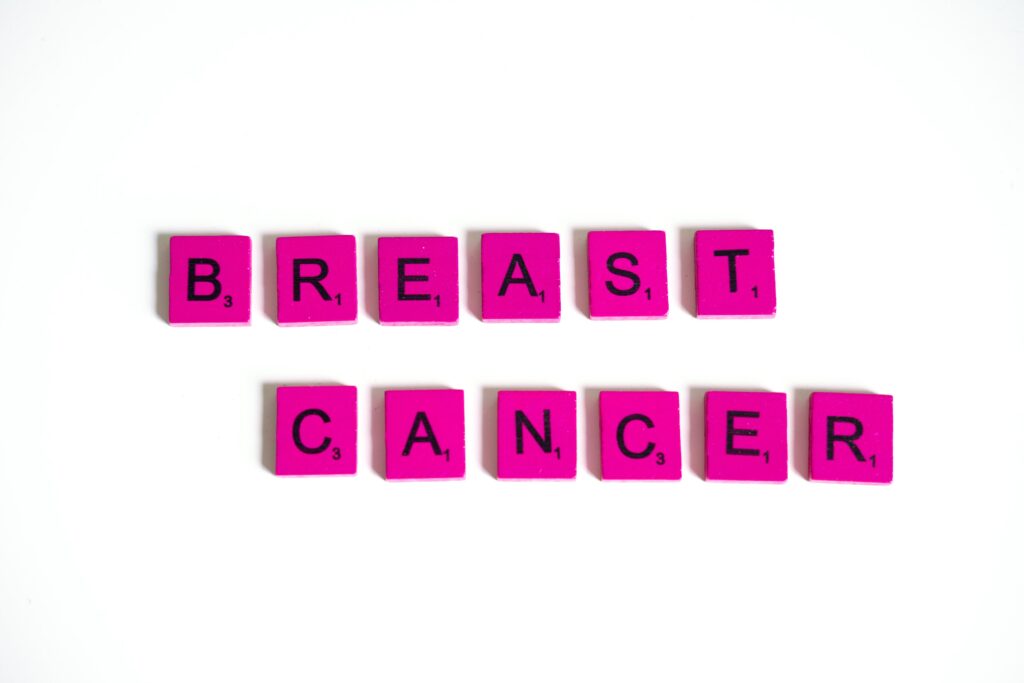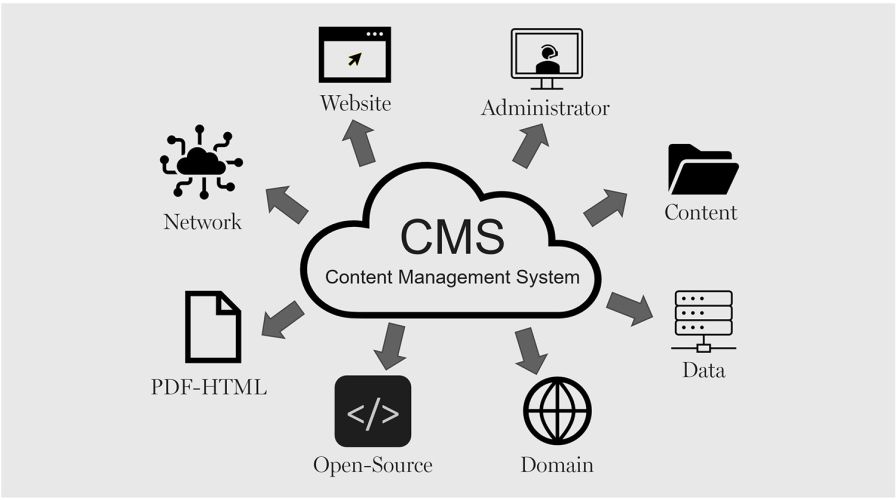
Breast cancer has emerged as one of the most common malignancy among Nigerian women due to urbanisation and change in lifestyle, accounting for over 23% of newer cancer case in the country.
“Breast cancer is a topical issue; it is the most common female malignancy; it is also one of the causes of death and the worst part for women in our country is that they are in their reproductive years
Dr Nwamaka Lasebekon
Indeed, Breast cancer poses a significant public health challenge towards the Nigerian communities, the urban centers and rural areas alike, If proper and preemptive measures are not taken in combative efforts by major stakeholders, as we might struggle with a serious mortality rate amongst younger women, in a nearest future.
In a recent data, it is surprisingly dishearten to know that most advanced stage breast cancer patients in Nigeria, are young, pre-menopausal women. Although, the female folk is not the only gender that can be affected by this public health issue, as male patients have been recorded, the female gender stands a higher risk of developing it than the male.
Challenges of Breast Cancer Patients in Nigeria
In a more deliberate context, there seems to be some country-specific reasons that is making Breast Cancer gets prevalent in Nigeria, some of which are;
Cultural Influences on Awareness
It is no more news that Breast cancer, the most prevalent malignancy among women, poses a serious public health challenges worldwide, what it is therefore news is that, its impact on Nigerian communities is shaped by unique cultural perspectives, which are formidable barriers to to early detection and timely treatment, hindering the overall prognosis for Nigerian women with breast cancer.
Thus, understanding and addressing this cultural perspectives is intricately crucial for effective awareness campaigns, early detection, and improved outcomes. In this section of the article, we look at the intricate relationship between cultural beliefs and breast cancer awareness in Nigerian communities.
Deep-rooted beliefs and Stigmas
African cultures, with the inclusion of Nigeria, still holds on to some beliefs about wellness and illness in their society. It is at this instance, that we discovered that, in some Nigerian communities, breast cancer is associated with shame, misfortune, and even witchcraft.
This stigma often stems from a lack of understanding about the disease and its causes, leading to misconceptions and fear. As a result, women may delay seeking medical attention, fearing social isolation, discrimination, and rejection from their families and communities.
The consequences of this stigma inflicted by cultural beliefs, are usually far-reaching on women, which is consequent upon advanced-stage breast cancer as a result of delayed diagnoses. A situation which is at this stage more difficult to treat, and has a poorer prognosis.
Women may also experience emotional distress, anxiety, and depression, further impacting their overall well-being and quality of life.
Addressing this cultural stigma is not merely a matter of raising awareness; it requires a nuanced understanding of the social and cultural factors that perpetuate these harmful beliefs.
Community engagement is paramount in this endeavor. Collaborating with local leaders, religious figures, and traditional healers can help dispel myths, foster trust, and encourage open discussions about breast cancer.
Education plays a crucial role in dismembering this cultural stigma on illness. By incorporating breast cancer education into school curricula, empowering women with knowledge, and dispelling misconceptions through targeted campaigns, we can challenge harmful narratives and promote a more informed and supportive society.
Access to Healthcare System
Next to cultural limitation as a challenge for breast cancer patient in Nigeria, is the inadequate healthcare infrastructures, and deficient healthcare system. One notable obstacles to breast cancer care in Nigeria, is shortage of facilities and medical oncologists to serve the growing population.
Healthcare system plays a pivotal role in the combative efforts towards breast cancer in Nigeria, however, it is observed that Nigeria still has this lingering issues;
- Limited Access to Specialists: The scarcity of oncologists, surgeons, and other specialists in breast cancer care significantly impacts patient access to quality treatment. This shortage leads to delayed treatment initiation and limited treatment options.
- Insufficient Diagnostic Facilities: The lack of adequate diagnostic facilities, such as mammography machines and biopsy equipment, hinders early detection and accurate diagnosis. This deficiency can delay treatment initiation and compromise treatment outcomes.
- Overcrowded Healthcare Facilities: Overcrowded hospitals and clinics often lack the resources and personnel to provide the personalized care required for breast cancer patients. This congestion can compromise treatment quality and patient outcomes.
Financial Constraint
Another roadblock to the combative efforts against breast cancer in Nigeria, is finances. The high cost of breast cancer treatment poses a serious financial burden on patients in sub-Saharan African countries, which Nigeria Inclusive.
This financial burden often leads to treatment abandonment.
Nonetheless, the financial hardship can have devastating consequences for treatment outcomes, and patient survival.
The low-income economic status of Nigeria as a country is a contributing factor to the low rate of breast cancer survival among Nigerian women, as an average Nigerian woman cannot afford the bills of breast cancer care such as;
- Expensive Treatment Options: Surgery, chemotherapy, radiotherapy, and targeted therapies are all costly, and many Nigerian patients struggle to afford these treatments. This financial constraint can lead to delayed treatment initiation or treatment abandonment.
- Limited Insurance Coverage: Health insurance coverage for breast cancer treatment is often inadequate or non-existent, leaving patients to bear the full financial burden of treatment. This lack of coverage can exacerbate financial hardship and hinder access to care.
- Lack of Financial Assistance Programs: The scarcity of financial assistance programs specifically tailored to breast cancer patients further strains their financial resources. Without financial support, many patients are unable to afford essential treatment
Lack of Psychosocial Support
It is important to note that Breast cancer is not only a physical, but also an emotional and psychological challenge. There is need for a support group that enhance the psychological balancing of the patient.
Within the African communities, not only Nigeria, there is limited support group, and dearth of information for African women with breast cancer.
The farce about breast cancer support group is revealed at grassroot level of healthcare, where an average African(Nigerian) woman is left to herself without adequate psychosocial support upon diagnosis.
The lack of access to psychosocial support services can leave patients feeling isolated, anxious, and depressed, hindering their ability to cope with the disease and its treatment.
in this context, Nigerian women are faced with these psychological impacts;
- Emotional and Psychological Impact: Breast cancer can cause a range of emotional and psychological distress, including fear, anxiety, depression, and grief. These emotional challenges can significantly impact a patient’s quality of life and make it difficult to cope with the disease.
- Lack of Professional Support: Access to mental health professionals, such as psychologists, counselors, and social workers, is often limited in Nigeria, particularly in rural areas. This shortage of professionals can make it difficult for patients to receive the necessary support to manage their emotional and psychological well-being.
- Social Stigma and Isolation: Cultural stigma and social isolation can exacerbate the emotional distress of breast cancer patients. The fear of social ostracism and discrimination can prevent patients from seeking support and further isolate them from their communities
Our fight against breast cancer in Nigeria is still one step behind, if major stakeholders would not come together in combative efforts. Nigerian Women has a fighting chance to lower the rate of mortality being recorded on breast cancer cases by raising awareness, strengthening healthcare infrastructure, addressing financial constraints, providing psychosocial support, and combating cultural stigma, we can improve breast cancer outcomes and empower women to navigate the disease with resilience and dignity




